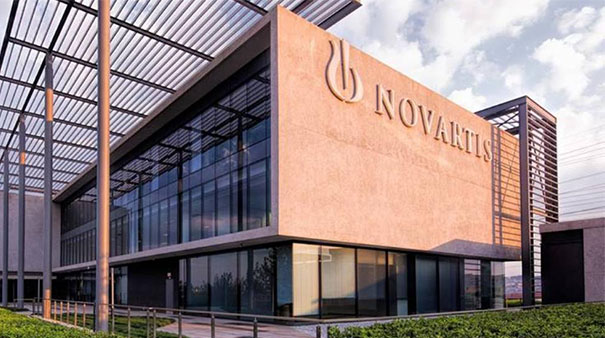Pandemic hits sales at Novartis after strong launch for SMA gene therapy

The COVID-19 pandemic has bit into sales at Novartis, the big Swiss pharma said in second quarter results, after orders fell back following a period of stockpiling earlier in the year.
Figures for the quarter showed reported sales fell by 4% to $11.3 billion compared with the corresponding period last year, although favourable currency fluctuations helped to soften the impact.
Net income was a reported $1.9 billion, down 11% compared with last year’s Q2.
The company said that COVID-19 negatively affected sales in April and May, mainly because of fewer patients starting courses of medicine and reducing visits to the doctor.
Novartis added that digital technology and new ways of working are helping to keep the company running smoothly and have reduced costs.
It has a digital clinical trial management system that has allowed trials to continue despite the disruption caused by the coronavirus outbreak.
The company said measures had “limited COVID-related impacts” to trial data filing timelines.
Results also showed a strong launch for its rare diseases gene therapy, Zolgensma, which is now approved for the muscle wasting disease spinal muscular atrophy (SMA) in the US and EU.
Zolgensma is a one-off shot that corrects the underlying genetic cause of the disease and is notable for being the world’s most expensive drug at $2.1 million.
Novartis’ AveXis unit only began launches of the drug in Europe this month, a few weeks after the drug hit the market in Japan.
But sales in the US are going well, where payers are clearly finding ways to deal with the drug’s price tag.
In Q2 Zolgensma generated revenues of $205 million, and for the half year they were $375 million.
Novartis’ psoriasis drug Cosentyx continues to gain traction with sales increasing by 10% to $944m in Q2, but sales of multiple sclerosis pill Gilenya fell in a competitive market, down by 11% to $738 million.
There is also a potential threat of generic competition to Gilenya, although Novartis said its forecasts assume that there will be no US generic approved this year.
The company said that guidance has “tightened” within previously announced ranges – net sales are expected to grow mid single digit, with core operating income expected to grow low double digit.












